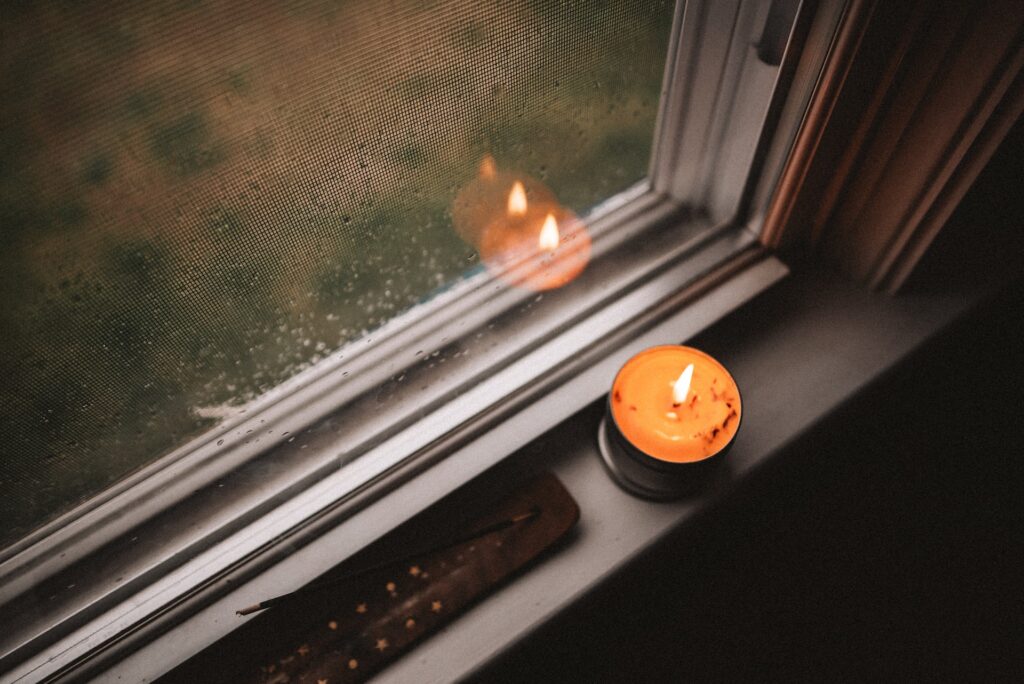“The whole universe. Alive. And me, a part of it.”
So says a dying old man right before he draws his final breath. There are many things to be said about the adaptation of Sarah Perry’s “The Essex Serpent” on Apple TV+ — and the many directions Apple TV+ has taken in general — but it’s that moment that is etched in a very particular way on my heart now.
I have a habit of looking up into the night sky whenever I leave a party. I don’t go to many parties anymore, the genocidal war against my native country having made socializing strained and strange. But, every once in a while, I still find myself on the steps of someone’s house, or in the cold quiet of a balcony, staring.
The noise and the singing (I am sometimes guilty of the singing, but to be fair, other people are frequently guilty as well, at least at my kind of parties) ebb away, it’s past the hour for drinking or making any kind of sense of other people, and the world expands outward again. In those seconds, I feel how it goes on forever.
Oneness with the universe is not a new concept, nor do you need to take edibles to achieve it (although I hear it can help), but what I’ve discovered about it recently is that it’s counterintuitive. You begin to realize how everything and everyone are entwined when you first decide that your life is yours.
Only when you belong to yourself, and are therefore at ease with yourself, do you begin to let the world in. It’s a contradiction, but the world is built on contradictions. Check out the Bible if you don’t believe me. Check out any sacred text.

I haven’t found much comfort in sacred texts lately but the Gothic, such as the work of Sarah Perry, I can readily get behind. The Gothic genre is defined by anxiety and transition, old ideas are uprooted, life mixes with death in the soil.
It’s a brooding genre that sometimes takes itself too seriously, but is wonderful in how its scenes can be hard to pin down. Is the old man’s passing sad or is it joyful? Is it both? The Gothic shows us the sinister edges of beauty, nature, time, and our own perception of it, but it doesn’t beat you over the head either. You’re encouraged to interpret the plot on your own terms, which is a terrifying and exhilarating task.
I see many of my fellow Ukrainian diaspora members as Gothic heroines and heroes. We’re ghostly and uncertain but also furious and determined, stumbling through a world that has become a haunted house toward the only goal there is. Unlike fellow Ukrainians inside the borders of a besieged country, we are not so much terrorized as we are placed under a spell. Our mourning and anger colors everything around us, a perpetual pall on the landscape.
In my dreams I am interminably cold. I see myself sitting on the old patterned rug in my Kyiv bedroom, the one we rolled up years ago, yet there it is again. I can see my breath. In the dream, I know the Russians, seething as they lose, are bombing Ukrainian infrastructure, which is why the heat is off, and I can hear their drones in the clouds, grumbling to each other in a raspy, mechanical language.
There’s a candle burning in the window, which is ridiculous, I think, because my parents would light a candle there when I was late coming home, and I’m already home. Or am I? I begin to feel worried, knowing that I am either not really home, or that a part of me is still out there, in the dark street, on the black ice. That’s when I usually wake up.
Sometimes, my dead father is with me, which when waking up is the hardest. I want to stay, but there is work to do.
Deranged fascists are murdering my people for no goddamn reason at all, and every day is like an open vortex. The vortex wants me to fight it, so I don’t. I spin around, remembering that we are a part of one another. The vortex hasn’t given up yet, but it will get the idea eventually.
Images: allison christine and Vincentiu Solomon

